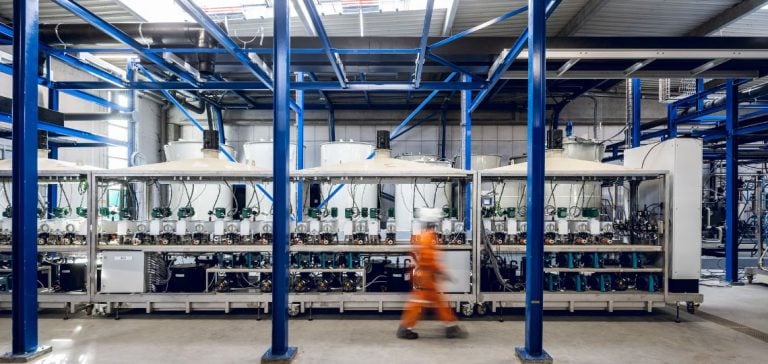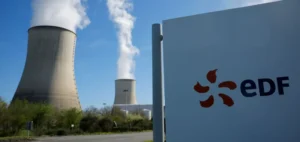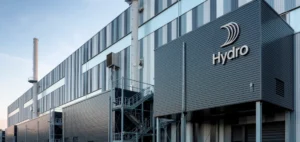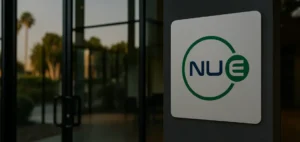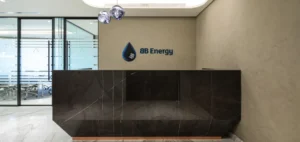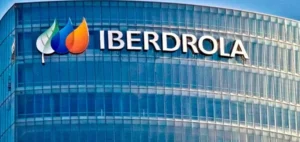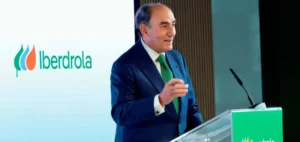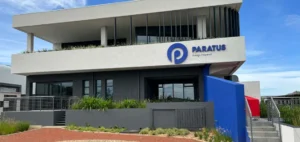The French mining group Eramet has decided to suspend its hydrometallurgical plant project dedicated to recycling electric vehicle batteries in France. The announcement was made on Thursday, highlighting that this suspension was due to the lack of a viable economic model for this type of industry in Europe.
Christel Bories, CEO of Eramet, explained that the growth in battery production and their components in Europe remains too slow. “There are currently major uncertainties regarding the plant’s raw material supply and the market for recycled products,” she stated.
This project aimed to establish two units: one to sort and shred used batteries or production scraps to extract a substance called “blackmass,” containing critical metals, and another to separate these metals so that they could be reused in new battery production. However, delays observed in the European battery value chain, along with the lack of potential customers in Europe, have forced the group to reconsider its priorities.
Challenges of an Emerging Market
According to Eramet, the raw material supply was initially expected to come from production scraps from new battery factories being built in northern France. However, the slow development of these infrastructures, combined with the absence of concrete projects for European cathode precursors, complicates the project’s implementation.
Ms. Bories also mentioned the difficulties faced by major players in the sector, such as NorthVolt and ACC, whose projects have been delayed. Furthermore, the recycled metal salts, such as nickel, cobalt, or lithium, would be sold in Asia, as there is insufficient demand in Europe for these recycled products. “It does not make sense to recycle in Europe to sell the product in Asia,” she added.
Suez Stays the Course
Despite this suspension, Suez, Eramet’s partner in this project, continues to work on its own battery recycling plan. The French group has indicated that it is continuing the development of a plant specialized in the dismantling and recycling of batteries in Europe.
In a statement, Suez reiterated its commitment to creating closed recycling loops for batteries, despite the current uncertainties in the European market. The automotive sector has also faced similar setbacks, such as Stellantis’ abandonment in September of a competing battery recycling project in partnership with Orano.


